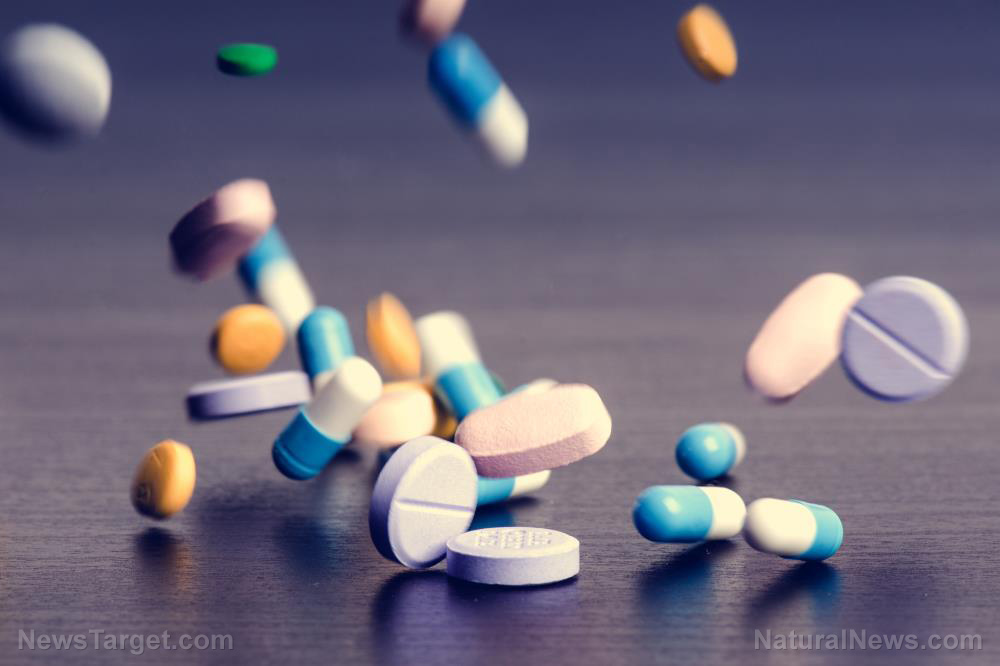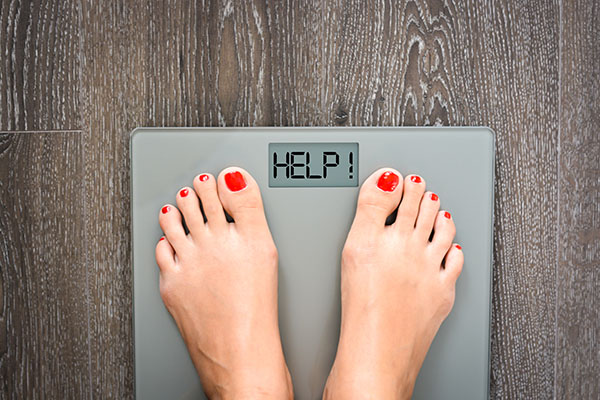
Every year, drug recalls make headlines. Whether it’s thalidomide, recalled in 1961 after being linked to severe birth defects, or Fen-Phen, the “miracle” weight loss drug that was withdrawn in 1997 for causing pulmonary hypertension, history has shown us that regulatory approval does not mean that a drug or intervention is truly safe. With an astounding number of vaccine injuries connected to COVID-19 shots, many people have been asking if the bar is simply too low to gain regulatory approval – and a new study by researchers at the London School of Economics shows that is exactly what is happening.
In that study, which was published in the journal BMJ Open, researchers concluded that most of the decisions to approve new drugs, medical devices and procedures are not based on solid clinical data – and it has been that way for at least two decades.
The researchers based this assessment on 400 appraisals made by the U.K. drug regulator the National Institute of Health and Care Excellence (NICE), although the Food and Drug Administration (FDA) in the U.S. does not have the best track record, either, recalling 14,000 drugs in the last 10 years. The researchers found that around two thirds of the decisions made by NICE were not backed up by high-quality evidence.
Moreover, only one percent of the cases actually had evidence that could be considered “good,” while a third had “acceptable” evidence.
Their appraisal involved 384 drugs, along with 14 medical devices, 25 non-pharmaceutical products, five surgical procedures and six other types of therapy.
The study authors warned that this trend means that drugs are being introduced into the market that are simply not helping people in need. In addition to being a waste of money, some of them could see people taking on the risks of serious side effects in exchange for no hope of improvement.
They cautioned: “It is essential to continue to generate robust clinical data for premarket and post-market introduction of medicines into clinical practice to ensure they deliver benefits to patients.”
The researchers discovered that in some cases, insufficient and weak evidence taken from clinical trials that were conducted improperly was used because it was the only evidence available. However, even in decisions based on well-executed trials, the point of comparison was often not appropriate for deciding whether a treatment should be approved. For example, the data sometimes fails to reflect the population of the U.K., and indirect comparisons were often used rather than more direct and accurate ones.
Experts call for greater transparency in studies
One of the study’s co-authors is Leeza Osipenko, who founded the independent nonprofit clinical research organization involved in the study, Consilium Scientific. Speaking on the "Trials with Maya Z" podcast recently, she said that a lot of “sub-optimal clinical trials providing sub-optimal data” are used to help new treatments and drugs get reviewed by regulators. Her organization hopes to make these trials better and more transparent so people will have access to solutions that truly help.
She identified cancer and Alzheimer's drugs as being particularly vulnerable to this issue, and there tends to be a lot of hype surrounding anything that shows even an inkling of promise in these areas. She said that “families of these patients want them to have at least some hope to get that drug, and there’s a lot to be said about whether these drugs should be on the market and whether they are actually helping patients or not.”
Unfortunately, stakeholders don’t like to hear that the clinical trials are low in quality because there are a lot of profits at stake. Everyone is looking for the next blockbuster drug, and quality can be sacrificed along the way. She said that transparency and integrity are the keys to more reliable trials, while “academic ego and shareholder expectation” are driving their downfall.
Sources for this article include:
Please contact us for more information.




















